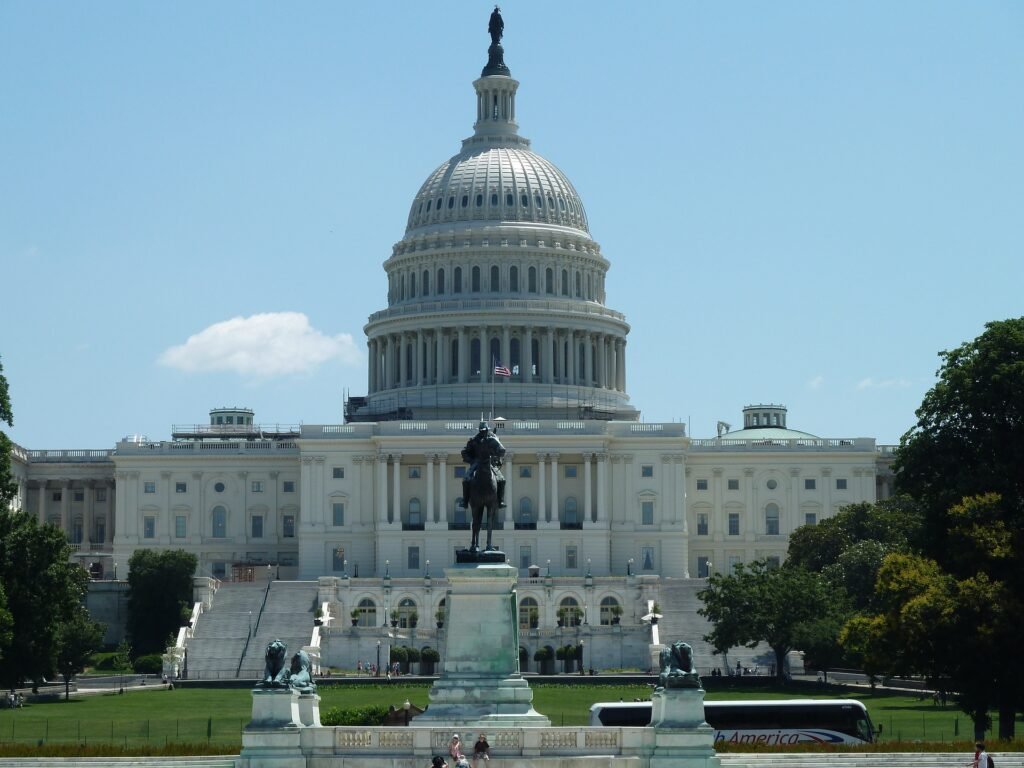Republican Party Ideologies An Overview
This article delves into the core principles, key tenets, and historical evolution of Republican ideologies, aiming to provide a comprehensive understanding of the party’s beliefs.
Historical Overview of Republican Ideologies
Early Founding Principles
The Republican Party was founded in the 1850s, emerging as a response to the contentious issue of slavery. At its inception, the party was strongly anti-slavery and championed the protection of individual freedoms and civil rights. These early Republicans, often referred to as “Radical Republicans,” sought to combat the institution of slavery and promote equality.

Shift Towards Conservatism
Conservatism is a political ideology which emphasizes on tradition, order, and a limited government. Conservatives believe in the importance of individual liberty and free markets. They also believe in the importance of a strong national defence and a traditional moral code.
Conservatives believe that society is best served by preserving traditional values and institutions. They support policies such as tax cuts, deregulation, and school choice. Conservatives also tend to be pro-life and support traditional family values.
Over time, the Republican Party began to shift towards conservatism. In the late 19th and early 20th centuries, Republicans embraced pro-business policies and a limited government approach. This transition marked the party’s movement away from its initial stance.

The Texas GOP website states that the Republican Party is “committed to the ideals of individual liberty, limited government, free markets, and a strong national defence.” The website also states that the Republican Party is “the party of opportunity” and that it is “committed to fighting for the rights and freedoms of all individuals.”
Key Ideological Tenets
Limited Government
Republicans believe that individuals should be free to make their own choices without government interference. They support policies such as tax cuts, deregulation, and free trade. They also tend to be pro-choice and support gun rights.
One of the core tenets of Republican ideology is the belief in limited government intervention. Republicans typically advocate for reducing government regulations and bureaucracy, emphasizing individual liberty and personal responsibility. They believe that the government should promote such policies that unlock individual potential and should show honest compassion by assisting those in need instead of solving problems by just throwing more money at it .
Republicans also believe in the importance of limited government. Republicans believe that the government has a role to play in regulating the economy and protecting consumers.Government should have such policies that unleash economic growth and prosperity.
The Texas GOP website states that the Republican Party believes in “limited government that protects individual liberty and economic opportunity.” The website also states that the Republican Party is “Committed to reducing the size and scope of the federal government”. The website also states that the Republican Party is “opposed to tax increases and government overspending.”
Free Market Economics
Fiscal conservatism emphasizes limited government spending and low taxes. Fiscal conservatives believe that the government should play a limited role in the economy and that the private sector is better equipped to create jobs and grow the economy. Fiscal conservatives support policies such as tax cuts, deregulation, and privatization.
Republicans support free-market economic principles, favouring lower taxes and reduced government spending. These policies promote economic growth and prosperity of citizens and the nation. Republicans also believe that the government should not deficit spend.
Social Issues
Social conservatism is a political ideology that emphasizes traditional values and social order. Social conservatives believe in the importance of family, religion, and community. They support policies such as pro-life legislation, traditional marriage laws, and school prayer. Social conservatives also tend to oppose abortion, same-sex marriage, and other social changes.
Republicans believe in the importance of traditional values and social order. They believe in the importance of family, religion, and community.
Society is best served by preserving traditional values and institutions. Republicans believe in the importance of family, faith, and patriotism. They believe in “Strong Families” which intend on giving their children strong values and “Quality Education”, which prepares them for a better tomorrow regardless of wealth ,race or geographical location. The Republicans strongly believe that “Education is the bedrock of freedom and the gateway to opportunity.”

The Republican Party is “Committed to the sanctity of human life, the traditional family, and religious liberty.”
Stance on Immigration
The party’s stance on immigration varies, with some Republicans supporting stricter immigration policies and enhanced border security.
National Security
Strong Military Presence
Republicans often advocate for a strong military presence and robust defence budget. They prioritize national security and maintaining a formidable military.

Environmental Policies, Climate Change and Environmental Regulations
Republicans have historically been sceptical of stringent environmental regulations and climate change policies. They argue that such regulations can stifle economic growth.
Healthcare and Welfare
Opposition to Obamacare
Republicans have vehemently opposed the Affordable Care Act (Obamacare), favoring market-driven healthcare solutions and greater individual choice.
Welfare Reform
The party has consistently pushed for welfare reform to reduce government dependency and promote self-sufficiency.They call for Individuals taking personal responsibility for their own actions based on the idea that “With Freedom comes Responsibility.”
Racial Issues and Civil Rights
Diversity and Affirmative Action
Republicans have, at times, opposed affirmative action policies, contending that they can be discriminatory. They emphasize equal treatment for all individuals. They believe in “Opportunity For all “ The fundamental right to chart one’s own course , chase a dream , start a business and build a life regardless of gender , race or religion.
Recent Evolution of Republican Ideologies
Populism and the Trump Era
The Republican Party experienced a significant shift during the Trump era, with populism and nationalist sentiments gaining prominence. This era witnessed a unique fusion of economic conservatism and a more assertive approach to immigration and trade. The “America First “ ideology reflects those principles simply by putting the nation first and as the top priority of Republican Leaders.
Conclusion
The Republican Party’s ideologies have evolved significantly over its history, reflecting the changing political landscape and the influence of prominent leaders. While core principles of limited government and free-market economics persist, the party’s approach to social, environmental, and foreign policy issues has shifted. It is essential to recognize the complexities of Republican ideologies and the various perspectives within the party.
FAQs
- What is the core belief of the Republican Party? The Republican Party places a strong emphasis on limited government intervention and free-market economics.
- How has the Republican Party’s stance on immigration evolved? The party’s stance on immigration has evolved, with some Republicans advocating for stricter immigration policies and enhanced border security.
- What is the Republican Party’s position on abortion? The party is known for its pro-life stance.
- What were the key features of the Republican Party during the Trump era? The Trump era witnessed a unique fusion of economic conservatism and a more assertive approach to immigration and trade, reflecting a populist and nationalist influence.
